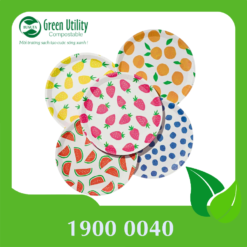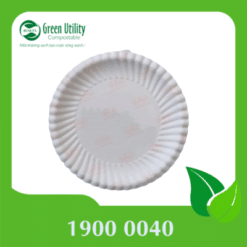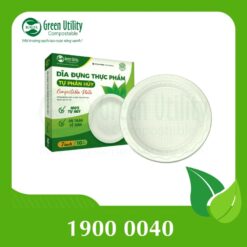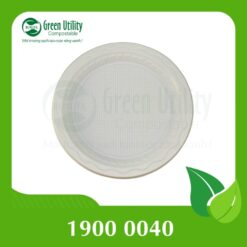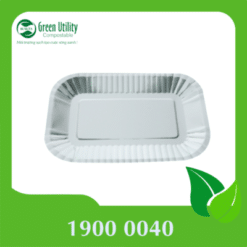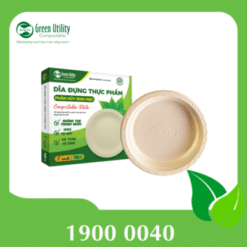Compostable Plates: What You Need to Know
As the world becomes increasingly aware of the environmental impact of plastic waste, there has been a growing demand for eco-friendly alternatives. Compostable plates have emerged as a popular solution, offering a sustainable and guilt-free way to enjoy disposable tableware. But what exactly are compostable plates, and what makes them a better choice for the environment?
Compostable Plates: A Sustainable Alternative to Plastic Cups
Traditional plastic plates are a major source of environmental pollution. They are made from non-renewable resources, take hundreds of years to decompose, and often end up in landfills or waterways, harming wildlife and ecosystems. Compostable plates, on the other hand, are made from renewable plant-based materials that can break down naturally into nutrient-rich compost. This means that they not only reduce waste but also contribute to soil health and sustainable agriculture.
Types of Compostable Plates
- Sugarcane Plates: Made from the fibers of sugarcane stalks, these plates are strong, durable, and microwave-safe.
- Bamboo Plates: Lightweight and elegant, bamboo plates are a stylish choice for parties and events.
- Wheat Straw Plates: Derived from the stalks of wheat, these plates are biodegradable and have a natural look and feel.
- PLA Plates: Made from polylactic acid (PLA), a bio-based plastic derived from renewable plant resources, PLA plates are sturdy, heat-resistant, and compostable in industrial composting facilities.
Why are Compostable Plates better for the environment?
- Reduced Waste: Compostable plates break down naturally, diverting them from landfills and reducing the overall waste stream.
- Renewable Materials: Made from plant-based materials, compostable plates are derived from renewable resources, reducing reliance on non-renewable fossil fuels.
- Soil Health: Compostable plates decompose into nutrient-rich compost, which can be used to improve soil health and promote sustainable agriculture.
How to compost Compostable Plates
- Check for Certification: Look for compostable plates certified by organizations like the Biodegradable Products Institute (BPI) to ensure they meet composting standards.
- Separate Food Scraps: Remove any leftover food scraps from the plates before composting to avoid contamination.
- Use a Composting Facility: Compostable plates are best composted in municipal or commercial composting facilities that maintain the proper temperature and moisture conditions for decomposition.
Conclusion
Compostable plates offer a sustainable and environmentally friendly alternative to traditional plastic plates. Made from renewable plant-based materials, they break down naturally into nutrient-rich compost, reducing waste and contributing to soil health. By choosing compostable plates, you can make a conscious choice to protect the environment and promote a more sustainable future.
Compostable Paper Plates

